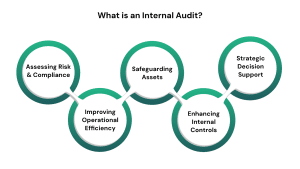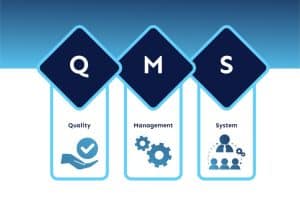Qualifications and Eligibility
Primary Medical Degree
To practice medicine in New Zealand, IMGs must first have a recognized primary medical degree. This degree should be listed in the World Directory of Medical Schools, ensuring it meets international standards.
English Proficiency
Proficiency in English is a mandatory requirement. IMGs must pass the International English Language Testing System (IELTS) or the Occupational English Test (OET) to demonstrate their communication skills, essential for patient care and professional interactions.
Registration Pathways
General Registration
General registration is suitable for doctors who have completed their primary medical qualification and a period of postgraduate training or experience. The Medical Council of New Zealand (MCNZ) assesses each application on a case-by-case basis, considering the applicant’s education and training background.
Provisional Registration
Provisional registration is often the first step for many IMGs. This registration allows doctors to work under supervision while they complete requirements for general registration. It involves a period of supervised practice to ensure the doctor is competent to work independently.
Special Purpose Registration
This type of registration is for doctors coming to New Zealand for a specific purpose or a short-term position. It includes roles such as locum tenens or undertaking training not available in the doctor’s home country.
Competence and Assessment
NZREX Clinical Exam
The New Zealand Registration Examination (NZREX) Clinical is a crucial step for IMGs who do not have registration through comparable health systems. It tests clinical and communication skills through practical, hands-on scenarios to ensure the doctor is ready to practice in New Zealand’s healthcare environment.
Competence Assessment Programme
For some IMGs, a Competence Assessment Programme (CAP) might be required. This programme evaluates the doctor’s skills and knowledge in a supervised setting, often tailored to the specific needs identified by the MCNZ.
Immigration Process
Visa Requirements
To work as a medical doctor in New Zealand, IMGs need to secure an appropriate visa. The Skilled Migrant Category Resident Visa is commonly used by doctors, which requires an offer of skilled employment and an assessment of qualifications and work experience.
NZ Immigration and Employment Opportunities
New Zealand actively seeks qualified medical professionals due to ongoing shortages in certain areas, making it relatively easier for medical doctors to secure visas compared to other professions. Once registered and with a job offer, doctors can apply for a work visa and later transition to permanent residency.
Professional and Personal Integration
Professional Development
New Zealand places a strong emphasis on continuous professional development (CPD). The MCNZ requires all practicing doctors to participate in CPD activities to maintain their registration, ensuring they stay updated with the latest medical advancements and practices.
Cultural Adaptation
New Zealand’s healthcare system values cultural competence, especially given the country’s diverse population, including the Māori community. IMGs are encouraged to learn about and integrate Māori health models and perspectives into their practice.
Conclusion
The pathway to practicing medicine in New Zealand for international medical graduates is comprehensive, ensuring that only qualified and competent doctors enter the healthcare system. With the right qualifications, passing necessary exams, and navigating NZ immigration processes, medical doctors can find rewarding careers in New Zealand’s healthcare sector. The country’s commitment to high standards of care and continuous professional development, coupled with a supportive environment for IMGs, makes it an attractive destination for medical professionals worldwide.




